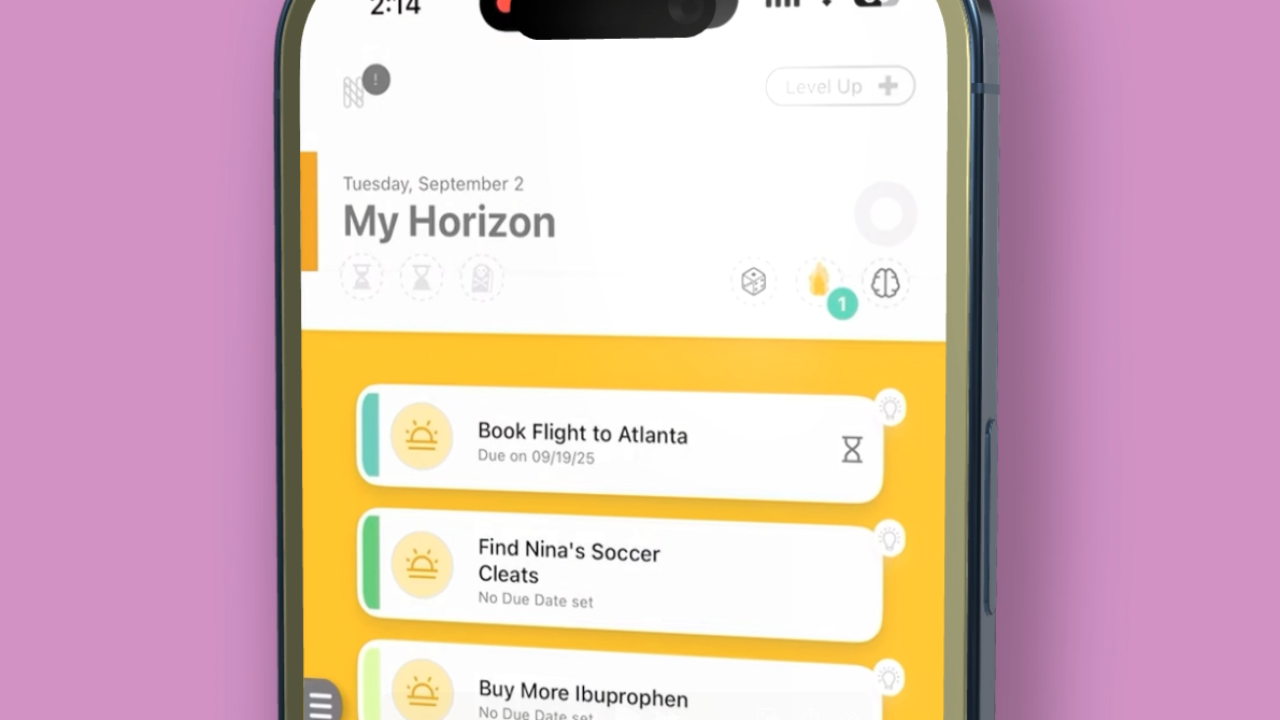
[Image: Fotolia]

Get spooked by wellness programs
[Image: Fotolia]

Not collecting the 401(k) treat
[Image: Fotolia]

Staying in the dark on flexible spending accounts
[Image: Fotolia]

Overlooking short-term disability benefits
[Image: Fotolia]

Sleepwalking through decisions
"We are seeing more employers hold active enrollments that require individuals to evaluate and make an election each year, he says. This practice may encourage employees to take a closer look.
[Image: Fotolia]

Haunted by fear of planning
Employers can help remove the fright factor through education. "There's a variety of digital educational resources that can be customized for employees so that they understand the value of paycheck protection, as well as the impact of financial decisions, such as a 401(k) loan," says Marzi.
[Image: Fotolia]

Skip their Transylvania trips by not using PTO
[Image: Fotolia]

Making benefit decisions based purely on price
[Image: Fotolia]

Neglecting disability benefits
"Companies should educate employees on the scary statistics of becoming disabled and ensure they offer proper disability coverage to their employees," he says.
[Image: Fotolia]

Cashing out a 401(k)
[Image: Fotolia]

Not sinking their teeth into the value of the medical and dental plans offered
[Image credit: Fotolia[





